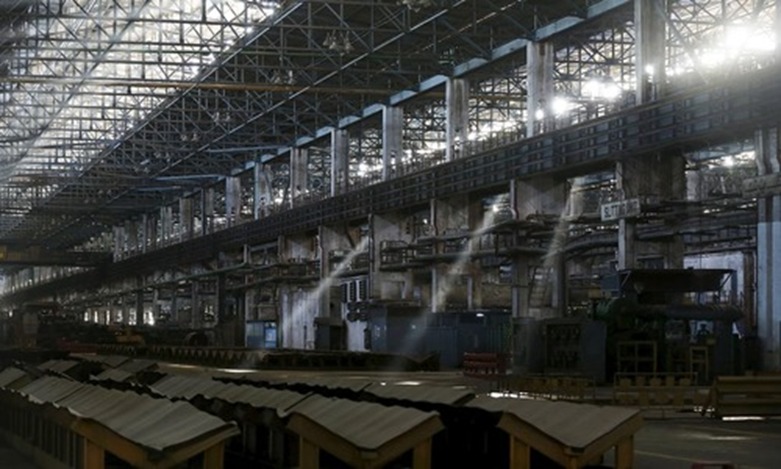INP-WealthPk
Moaaz Manzoor
The government has placed industrial revival and expansion at the center of its economic strategy under the upcoming National Industrial Policy (NIP) 2025, with a particular focus on rebuilding Pakistan’s manufacturing base and restoring key industries, including the Pakistan Steel Mills. Special Assistant to the Prime Minister on Industries and Production Haroon Akhtar Khan told Wealth Pakistan that the government has decided against privatizing the Pakistan Steel Mills, emphasizing that its revival is vital for sustainable and broad-based industrial growth. “No nation can industrialize if its basic industries are missing,” he said.
“Steel, plastic, and rubber form the foundation for manufacturing. Their absence raises production costs, and without a strong steel mill, Pakistan cannot progress toward industrialization.” Khan revealed that three parties were already in talks with the government to help set up and operate the plant, confirming that the state intended to revive the facility rather than sell it off. He explained that while First Women Bank had been privatized and Pakistan International Airlines would follow, the government would retain control of the steel mill because of its strategic and developmental importance.

He said Pakistan is at a critical inflection point, where economic focus is shifting from short-term stabilization toward long-term structural reforms. The NIP 2025—formulated after wide-ranging consultations with the State Bank of Pakistan, Securities and Exchange Commission of Pakistan, Federal Board of Revenue, and major chambers of commerce—seeks to restore investor confidence, revive industrial capacity, and integrate Pakistan into regional and global value chains.
According to Khan, the macroeconomic environment has already begun to improve, with government borrowing declining and interest rates dropping sharply from 22 percent to 11 percent. Lower interest payments have helped narrow the fiscal deficit, he said, though the government could not yet use the available fiscal space to grant tax concessions while Pakistan remains under the International Monetary Fund (IMF) programme.
The forthcoming policy aims to rationalize tax rates to encourage business activity, reduce evasion, and strengthen revenue collection. “Banks extending more than 20 percent of their credit to the private sector will qualify for lower tax rates,” Khan explained, noting that incentives would be aligned with productive investment and employment creation.
He said the NIP 2025 rests on eight integrated pillars, covering tariff and tax reforms, energy sector restructuring, and incentives for high-tech and greenfield industries such as electric vehicles, batteries, and data centers. The policy also includes initiatives to modernize insolvency laws, improve intellectual property rights, and introduce a land-lease model for affordable industrial plots.
To facilitate trade and investment, the government also plans to establish single customs-bonded warehouses at major Special Economic Zones (SEZs), creating a smoother logistics environment for exporters and investors. Khan said the government’s overarching goal is to rebuild industrial confidence and capacity, positioning Pakistan for long-term, inclusive growth. “This time, we are not just talking about recovery—we are planning for real industrial transformation,” he added.
Credit: INP-WealthPk













